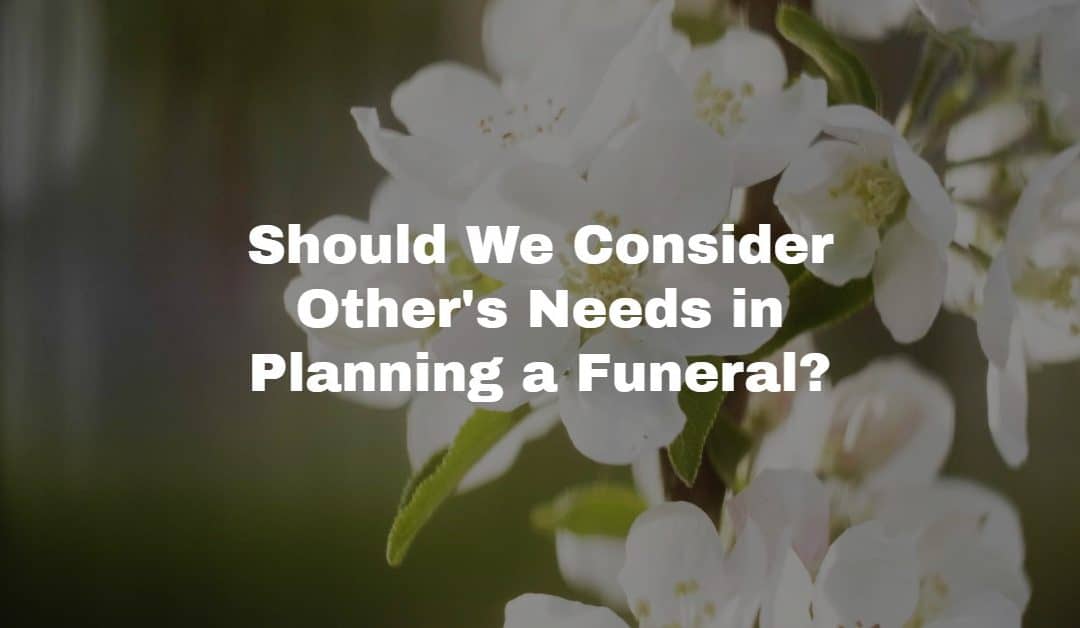This column by Carolyn Hax appeared in the Washington Post on March 5, 2010.
Consider others’ needs in planning mother’s funeral
Dear Carolyn:
My mother has Stage 4 breast cancer and is near death. My family has begun to discuss funeral arrangements. Having lived in their community for 40 years, my parents have a number of friends and acquaintances that my father and siblings wish to invite to a church service and gathering.
I have no interest in participating in a large group ceremony following my mother’s death (although I have told them to go ahead without me if it will help them with their grief). I personally do not find it at all helpful to have a bunch of strangers coming up to me to tell me how sorry they are, etc. My siblings have said we should follow my father’s wishes. I believe they should go forward if it is helpful to them, but I think my mother’s death should be about my grief and paying attention to my needs instead of everyone else’s. What do you think?
R.
I’m sorry about your mom. And certainly you are the one who has to negotiate your grief, so you’re right to consider what you will need, particularly what will and won’t help.
That is only part of the picture, though. As you touch on in your letter, your mom isn’t just your mom. She is also a wife, and a mom to your siblings, and the holder of 40 years’ worth of personal, civic, religious, parental, educational, commercial and incidental connections to people around her.
While funeral services and gatherings do serve as opportunities to acknowledge, express and share grief, they’re also a way for people to honor your mom. By showing up, they say, “She mattered to me.” People appreciate a chance to stand up and count themselves among those who care.
Because to you she is just Mom, it is entirely your decision whether to participate in any public salute to your mother’s life. However, just as your mom was connected, your life affects others as well — and so your decision affects others.
Please consider not just what you need, but also what your mom would want, what your family would appreciate, whether your absence is something they’re going to have to explain to people, and whether that will strain them more than it will strain you to hear how sorry people are for your loss.
These extra considerations are not unrelated to your needs; in fact, they’re not even in conflict with them. We can’t separate the effect we have on others from the rest of an emotional experience.
No matter what you ultimately decide about attending services, that decision will sit better with you if you put care and thought into it — selfless thought primarily, but some selfish thought is okay, too. If you merely react out of pain, then you open yourself to regrets down the road when that pain starts to ease. Your mother’s fight is almost over, but the second half of your struggle is about to begin.


